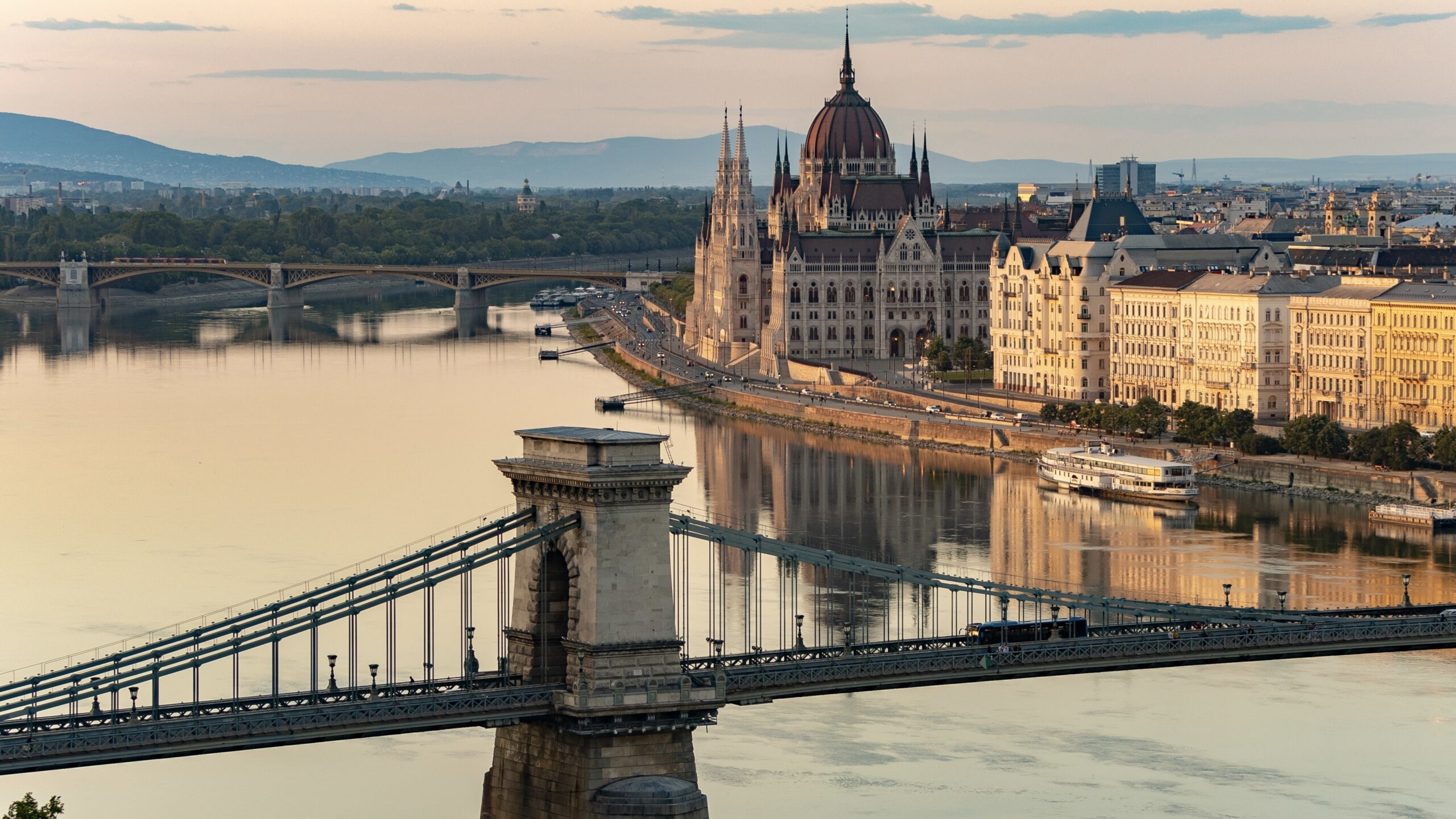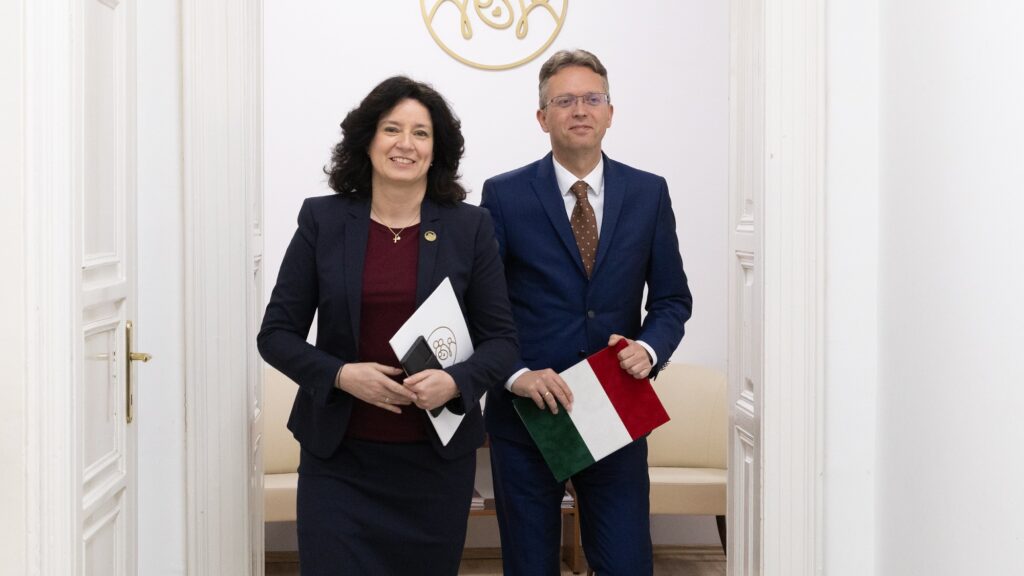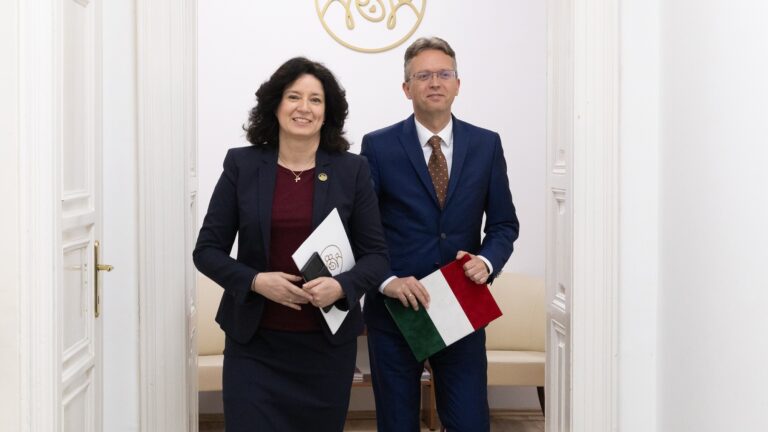Hungary and Western Balkan countries have launched a series of collaborative initiatives in education, research, and culture, aimed at fostering innovation and strengthening regional ties. The agreements were announced by Hungary’s Minister of Culture and Innovation Balázs Hankó during the first Hungary–Western Balkans summit held in Budapest.
The summit, organized during Hungary’s EU presidency, brought together six ministers and two deputy ministers from the region. Hankó highlighted the shared interest in making Europe more competitive while preserving national identities. ‘It is in our common interest to ensure that Europe remains competitive and that nations take pride in their identities,’ he said.
One of the key outcomes of the summit was the mutual recognition of academic degrees and the establishment of joint and double degree programmes. These initiatives aim to create attractive educational opportunities that will draw students from abroad, enhancing the region’s academic appeal.
A joint innovation fund will also be established to support research in areas such as agriculture, artificial intelligence, and biotechnology. Hankó revealed that Hungarian universities will have a presence on the new campus in Belgrade, Serbia, further strengthening academic ties. Additionally, a startup programme will be launched to help young companies expand their presence in regional markets.
Cultural cooperation was another focal point of the summit. A joint cultural council has been established to oversee collaborative projects between national museums and galleries. Hungarian film commissioner Csaba Káel outlined plans for film industry partnerships, while Director of the Hungarian Heritage House Miklós Both presented the Hungarian cultural model. Commissioner for the Liget Budapest Project László Baán also showcased Hungary’s flagship cultural development initiative.
The summit explored innovative tourism solutions as well, with plans to allocate resources from the joint innovation fund to this sector. Hankó emphasized the importance of leveraging tourism as a driver of economic growth and cultural exchange.
Looking ahead, a follow-up conference is planned for spring, which will bring together leaders of cultural institutions from across the region. In autumn joint research programmes will commence, and a Hungarian–Serbian cultural season will be launched to celebrate the deepening ties between the two nations.
These initiatives mark a significant step forward in regional cooperation, highlighting Hungary’s commitment to fostering innovation, education, and cultural exchange with its Western Balkan partners. By working together, the countries aim to create a more competitive and culturally vibrant Europe.
Related articles:








